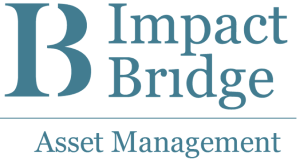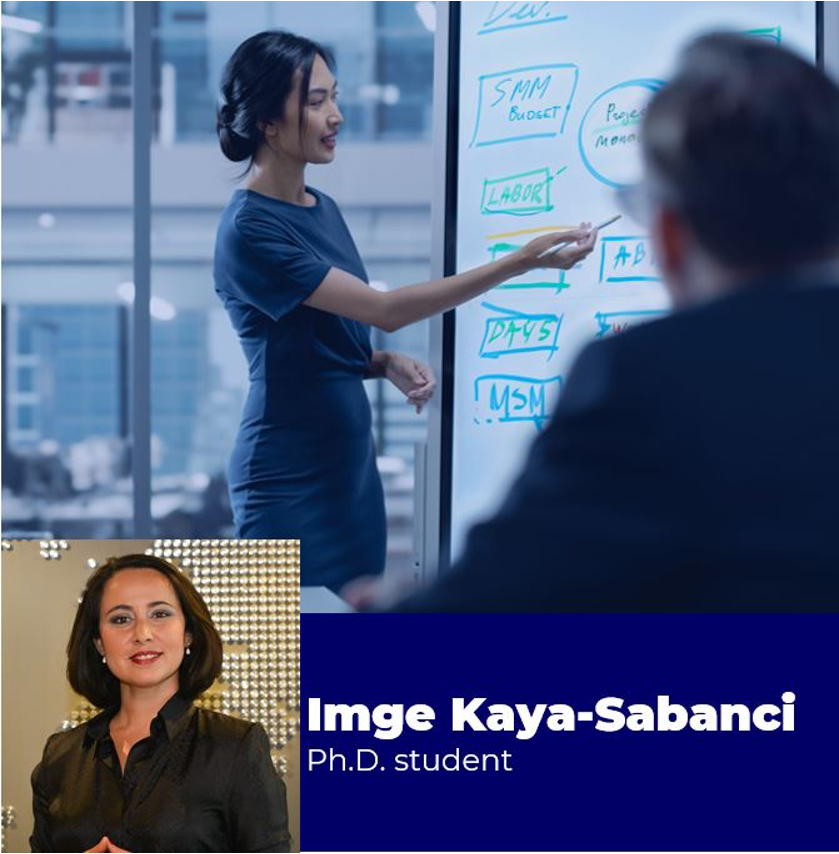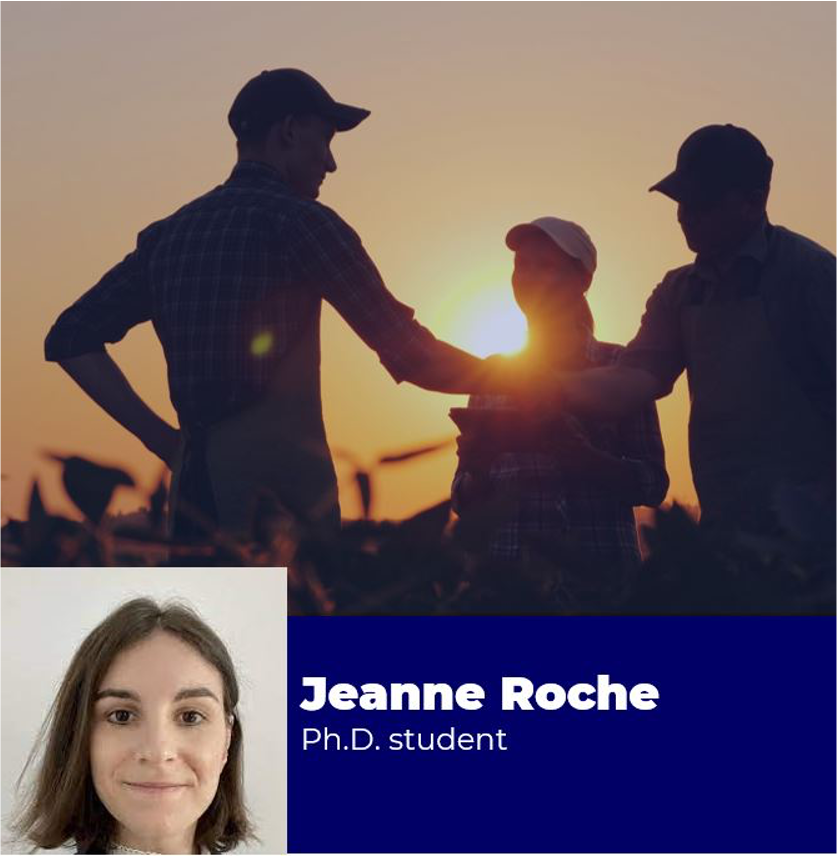




Imge Kaya-Sabanci’s thesis, which focuses on female entrepreneurship, business investment and social entrepreneurship, analyzes business practices from a gender and social impact creation perspective.
Women make up half of the world’s population, yet they are significantly underrepresented in the business and economic spheres. According to the latest report on the global gender gap, gender parity in economic participation and opportunity will not be reached for 267.6 years (World Economic Forum, 2021). Women entrepreneurs also receive their share of this inequality.
Women entrepreneurs add value not only to the global economy, but also to the well-being of our societies in general (Elam et al 2019). However, they systematically face disadvantages in the business ecosystem. This dissertation aims to unravel the mechanisms that lead to gender inequality, the consequences of gender biases in the business ecosystem, along with the social impact created by women entrepreneurs.
Specifically, the first chapter of the thesis explores a little-studied mechanism, trust, through which gender inequality is created and perpetuated in the relations between entrepreneurs and investors. Related to this, the second and third chapters also examine business processes and contexts (eg family business, impact investing) from a gender and social impact making perspective.

Jeanne’s thesis focuses on the role of family business owners in the emerging field of impact investing and the adjacent fields of venture philanthropy and socially responsible investing.
We began by analyzing this issue from a purely theoretical perspective. Based on an extension of the socio-emotional wealth framework commonly used to explain the organizational behavior of family businesses and their owners, it is argued that a family’s frame of reference (retrospective vs. prospective and internally vs. externally oriented) constitutes a relevant heterogeneity to understand which interpretations of impact investing are adopted and practiced by different families (this study was published in 2021 in the European Journal of Family Business).
As a result of this research, and with the collaboration of Impact Bridge, qualitative data was collected on a dozen families that own leading companies in the field of impact investing in Europe.
Through interviews and secondary data, it was found that the commitment of members of business families in impact investing can be linked to a process of identity formation.
INQUIRY -